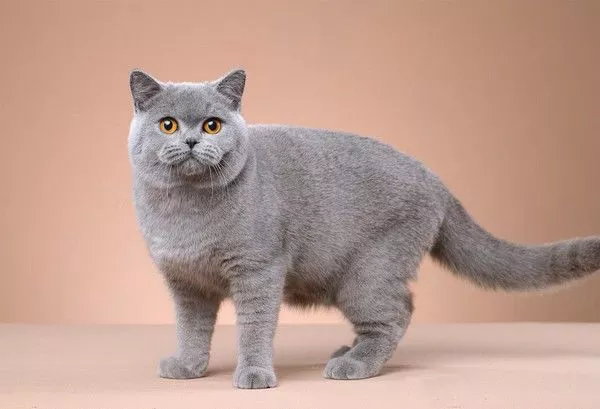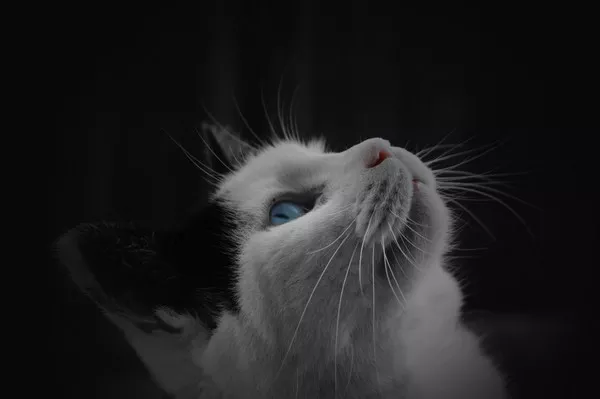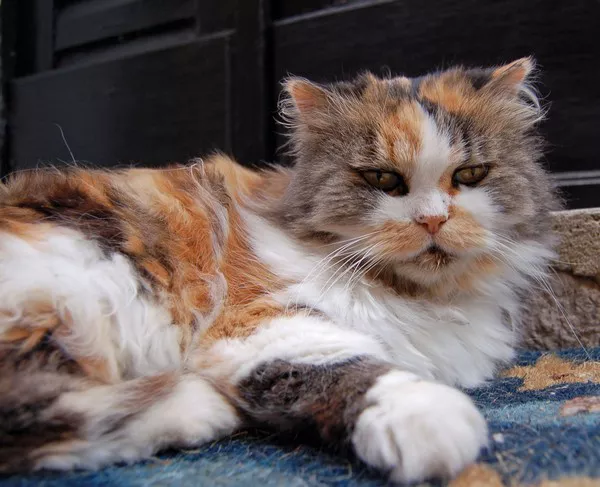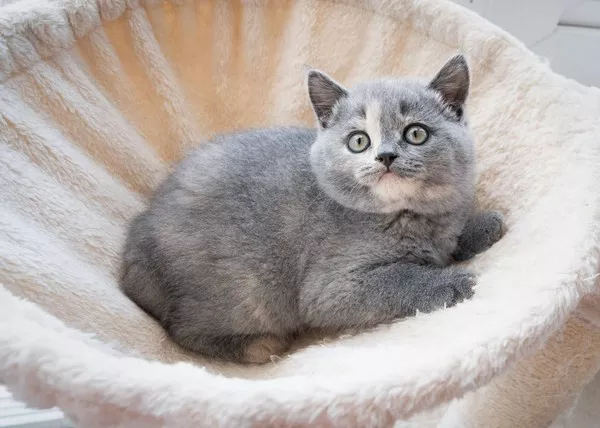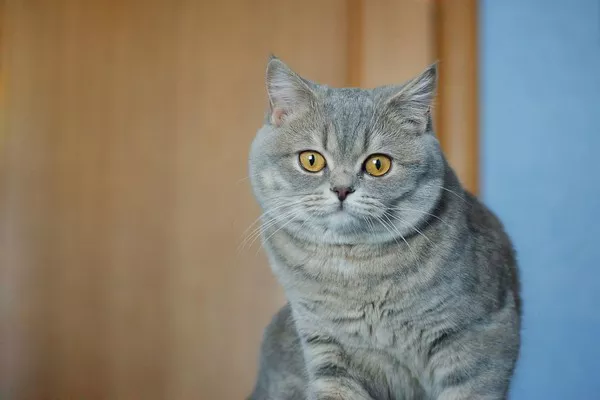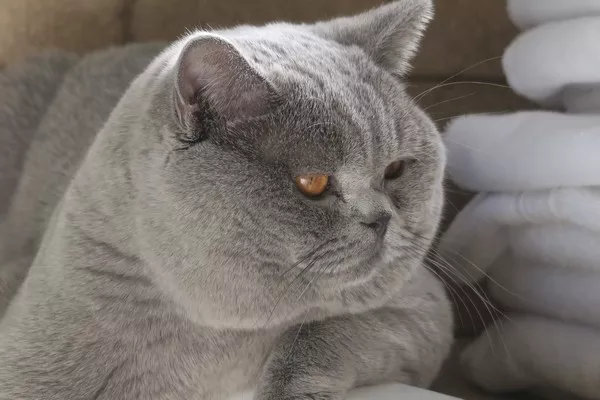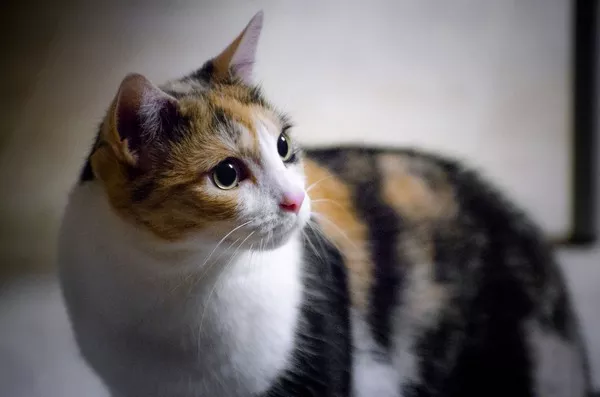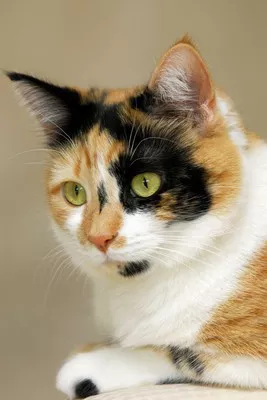The British Shorthair is a breed of cat that has been around for centuries, with its origins traced back to ancient Rome. This breed is one of the most popular in the UK and has gained popularity worldwide due to its charming looks and laid-back personality. In this article, we will explore various aspects of the British Shorthair such as its history, physical characteristics, temperament, grooming needs, health issues, and how to care for this breed.
History
The British Shorthair is a very old breed that has its roots in ancient Rome. The Romans brought domestic cats with them when they invaded Britain in 43 AD, and these cats mated with the native wildcats, producing the first British Shorthairs. Over time, these cats were further developed through selective breeding to enhance specific traits such as their size, coat color, and temperament. By the late 19th century, the British Shorthair had become recognized as an official breed and was shown at cat shows across Europe.
Physical Characteristics
The British Shorthair is a medium to large-sized cat with a muscular build and a rounded head. They have short, thick fur that comes in a wide variety of colors and patterns, including blue, black, white, cream, silver, and golden. The most common color is blue, which gives the breed its nickname “British Blue.” Their eyes are large, round, and typically copper or gold in color. They also have a distinctive smile-like expression due to the shape of their jaws.
Temperament
The British Shorthair is known for its passive and docile temperament, making them great family pets. They are affectionate and loyal but not overly demanding of attention. They enjoy being close to their owners and will often follow them around the house. However, they are also content to spend time alone, making them ideal pets for people who work long hours or who are away from home for extended periods.
Grooming
The British Shorthair is a low-maintenance breed when it comes to grooming. Their short, dense fur requires very little brushing and only needs to be groomed once or twice a week to remove any loose hair and dirt. They are also known for being fastidious self-groomers and will often lick themselves clean like a cat.
Health Issues
The British Shorthair is generally a healthy breed with few major health issues. However, like all purebred cats, they are prone to certain genetic conditions such as hypertrophic cardiomyopathy (HCM), a heart disease that can cause sudden death. It’s essential to take your cat to the vet regularly for check-ups and vaccinations to prevent illness and catch any potential health issues early on.
Caring for Your British Shorthair
Caring for your British Shorthair is relatively straightforward. They require a nutritious diet, regular exercise, and plenty of love and attention from their owners. Here are some tips for taking care of your British Shorthair:
1.Diet: Feed your British Shorthair a high-quality, protein-rich diet that meets their nutritional needs. Avoid feeding them table scraps or human food, as this can upset their stomach and lead to obesity.
2.Exercise: Provide your British Shorthair with opportunities for exercise, such as toys to play with or a scratching post to climb. Encourage playtime by spending time each day engaging with them in interactive play.
3.Grooming: Brush your British Shorthair’s coat once or twice a week to remove loose hair and prevent matting. Trim their nails regularly to keep them from getting too long and causing discomfort.
4.Health: Take your British Shorthair to the vet regularly for check-ups and vaccinations. Keep their litter box clean to prevent the spread of disease and provide them with fresh water at all times.
Conclusion
The British Shorthair is an excellent breed for people who are looking for a low-maintenance, affectionate pet. They have a charming personality and require only basic care to keep them healthy and happy. Whether you’re a first-time cat owner or a seasoned pro, the British Shorthair is a great choice for anyone looking for a loyal companion that will bring joy to your life for years to come.

